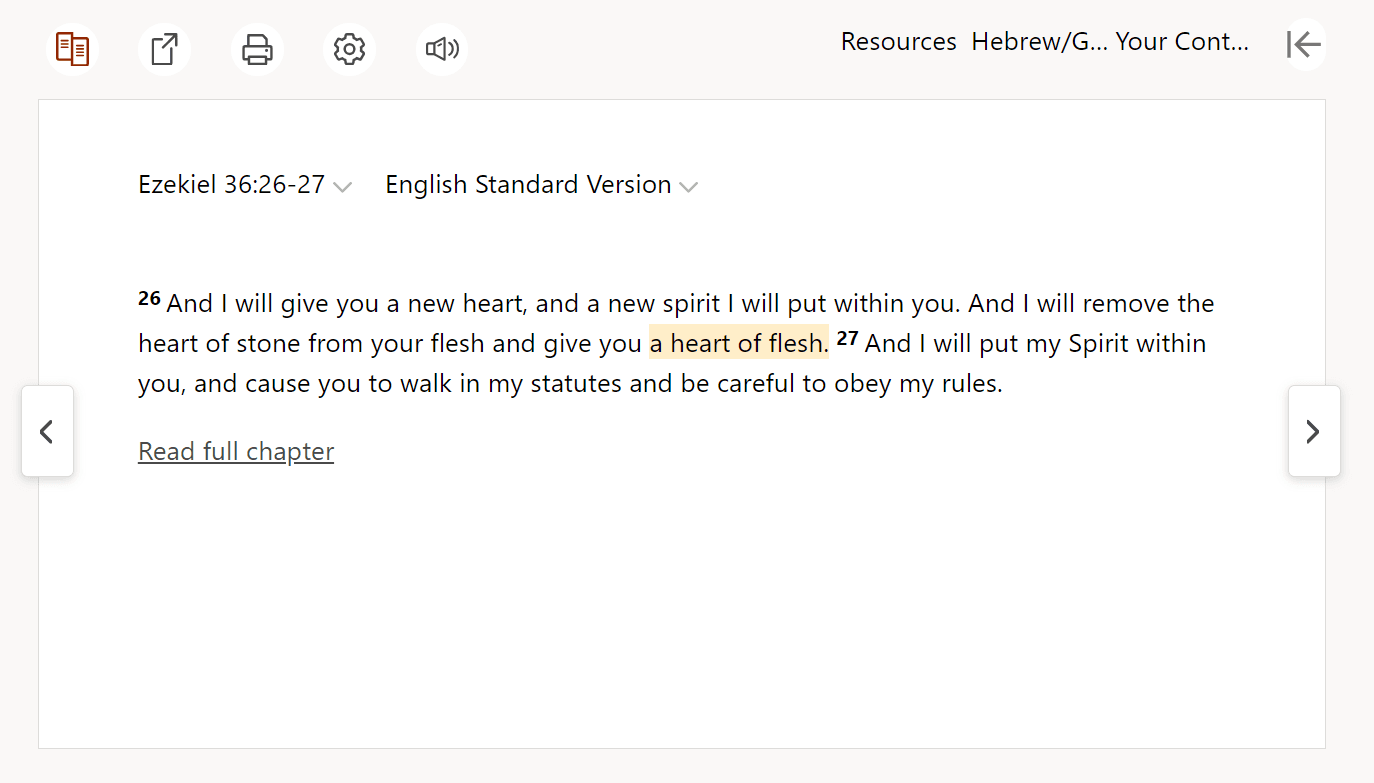
Road-side Dog
 img:biblegateway.com
img:biblegateway.comCzeslaw Milosz (1911-2004) was a Lithuanian-born poet with a Christian faith and a very interesting biography.
He was born in a part of the world that found itself in the crosshairs of war.
Germany was seeking to expand under Nazi rule while Lithuania suffered under Soviet control.
It was a case of “two evils”.
Milosz studied at the University of Vilnius, then moved to Warsaw in 1939; he had to decide between German-occupied Poland or Soviet-occupied Lithuania.
Thinking (correctly) that the Nazi regime was destined to fail first, he chose Poland.
Unfortunately for Milosz (and for Eastern Europe), Eastern Europe ended up in Soviet hands after the war.
Milosz would eventually escape to America where he taught at the University of California, Berkeley.
He has always been my very favorite poet, though it was his book “The Captive Mind” which first caught my attention.
Not just mine, it was largely responsible for Milosz being awarded the Nobel Prize in Literature in 1980.
The Captive Mind is worth reading for anyone interested in exploring the human response to totalitarian government.
In it, he wrote, “The greatest temptation is to renounce one's own judgment and to identify completely with the collective judgment imposed by the regime.”
Words like these have a chilling ring in today’s politically charged environment.
But let’s move on to the reason I’ve quoted from the prophet Ezekiel, and what that has to do with Milosz.
In 1999, Milosz published a small book of semi-prose/semi-poetry titled “Road-side Dog”.
I’d like to share a piece from that book titled “Theology, Poetry” from page 21.
“What is deepest and most deeply felt in life, the transitoriness of human beings, illness, death, the vanity of opinions and convictions, cannot be expressed in the language of theology, which for centuries has responded by turning out perfectly rounded balls, easy to roll but impenetrable. Twentieth-century poetry, or what is most essential in it, gathers data on the ultimate in the human condition and elaborates, to handle the data, a language which may or may not be used by theology.”
While I am not fully convinced that theology is incapable of communicating God’s Truth in a way that connects with the human heart, I do think Milosz is onto something important.
Theologians are experts at crafting statements about Christian doctrine and the nature of God, but they do not always pay attention to how those statements sound in the ears of someone who is struggling with life.
I often find myself falling into this trap.
perfectly rounded ball
Every pastor is a professional theologian.
We are called by God and the Church to make statements about Christian doctrine and the nature of God.
We do so in sermons on Sunday mornings where, unless every single word is memorized in precise order (which I do not), it becomes entirely possible to say something in a less-than-helpful manner.
We also do so in writing, as we compose newsletter articles, blog posts, letters to the congregation, prayers for meetings, and a pile of other content.
It’s even easier to fall into the trap of “perfectly rounded ball”-theology in writing.
Because our names are attached to our writing, and since we (usually) take the time to make every sentence perfect, this pitfall is inevitable without conscientious effort.
But I don’t think poetry is the only antidote. Poetry was just what Milosz did best.
The rest of us just need to figure out how to speak about God (and doctrine) in the way Milosz describes what is best about poetry.
Pastors aren't the only theologians; anyone who talks about God is doing theology.
a heart of flesh
Ezekiel gives us the exact perspective we need when speaking to someone about our faith.
Those beautiful verses from chapter 36 are often used, as they should, in a Gospel sense.
God has done a beautiful thing in Jesus Christ, taking away my dead, stone-cold heart, and replacing it with the warm, life-giving gift of salvation.
A new heart for me. Thanks, God.
But let’s also remember that what God has done for us, He is also doing for those we are speaking to. Ezekiel reminds us to constantly humanize our listener.
In our conversations with each other and with our neighbors, we may forget that we are communicating with someone whose heart is tender.
We get distracted by that inner sense of urgency to “say it right”, and so if we end up saying anything, we say something that resembles Milosz’s “perfectly rounded ball”.
Yeah, sure, it is “right”. But what did it actually communicate?

speaking to the wall
So, for instance, I want to communicate to someone the Biblical doctrine of “justification by faith”.
This is arguably the most important and elemental teaching of all Scripture, so I’d better get it right!
I might tell someone, “The biblical doctrine of Justification by Faith delineates the theological paradigm wherein an individual is declared righteous by God not through the meritocratic accumulation of ethical deeds or adherence to the Mosaic Law, but through a sovereign act of divine grace that imputes Christ’s righteousness to the believer solely on the basis of their transformative faith - that intricate trust in the salvific efficacy of Christ’s atoning sacrifice - which encapsulates the multifaceted interplay of grace and faith within the overarching narrative of redemptive history.”
And I’d be right.
I’d also be speaking to a heart of stone. In fact, I might as well speak to a wall.
jesus loves you
Ezekiel reminds us that when we talk about Jesus, we are communicating with a human being.
It’s a lot easier for a person to hear, understand, and receive something more like this: “There is nothing you can do that would ever make Jesus stop loving you.”
Now admittedly, that second line of communication is lacking a whole ton of theological freight.
It’s a very poor substitute for a definition of the doctrine of justification by faith.
But it is the kind of expression that acknowledges my hearer as a human being with a heart, with feelings, anxieties, and “flesh”.
It may not be poetry, but in most circumstances it is far more likely to communicate the gospel than that cold, perfectly rounded ball I made up a few sentences earlier.
The only one, all-loving
Not everything Milosz wrote would pass the board of doctrinal review at a Christian publishing house.
He would have been thrown out of Seminary after a week.
But he was able to communicate the gracious love of God with words in ways I can only aspire to do.
While you consider how you might tenderly talk about the realities of your faith, remember that all of the most important aspects of your salvation matter to you precisely because you are human.
What matters most to you about the “vicarious atonement”, “imputed righteousness”, or the “communicatio idiomatum” is how it impacts your wounded soul, your uncertain future, or your inner sense of conflict.
We’d all do well to remember that.
Meanwhile, I’ll leave you with a few lines from “A Poem for the End of the Century” which Milosz wrote while living in Berkeley:
Though everyday He dies,
The only one, all-loving,
Who without any need
Consented and allowed
To exist all that is,
Including nails of torture.



